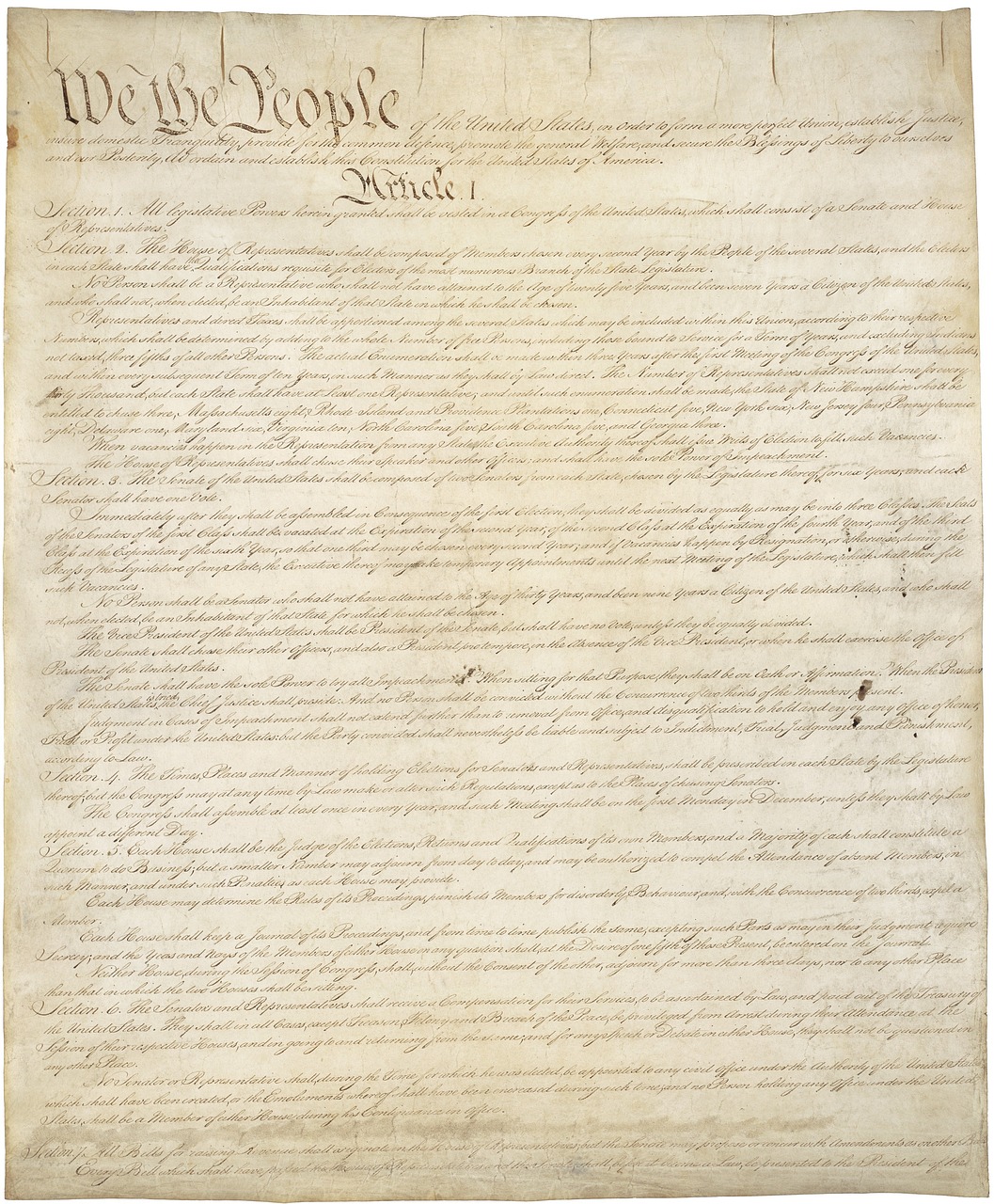
- Marquette321 N Front St
Marquette, MI 49855 - Munising202 Elm Ave, Ste 5
Munising, MI 49862

You have rights. Knowing your rights as set forth by the United States Constitution can be your number-one line of defense against any charge. If your rights are violated during an arrest or during any other criminal procedure, your case could get dismissed. We’ll go over the most important constitutional rights that come into play during a criminal investigation.
The Fourth Amendment protects against unreasonable searches and seizures. This means that there are only a few instances where the police can search you or your home.
The police need a warrant to search you or your home. A warrant will be issued by the judge if there is probable cause the search will reveal incriminating evidence.
There are some instances where a warrant is not needed to search you or your home. These exceptions are:
Any evidence obtained through a Fourth Amendment violation can be deemed inadmissible. At Berger Law, we’ll talk through your case to ensure there was no Fourth Amendment violation. It is our goal to bring every fact into the light.
The Fifth Amendment of the U.S. Constitution touches on numerous procedural limits. The most important clauses in the Fifth Amendment to know are the protection against double jeopardy and the protection against self-incrimination.
Double Jeopardy means that the court cannot prosecute you again for the same crime after you’ve been convicted or acquitted. If you were charged with assault and were acquitted, the court cannot prosecute you again.
There are some exceptions to double jeopardy:
You also have a constitutional right against self-incrimination. You may have heard of this phrase: “I plead the fifth.” This is an important phrase to familiarize yourself with. This phrase protects you from being a witness against yourself.
If you being questioned by the police or the courts, you have a right to remain silent. It is imperative that you explicitly assert this right upon any interrogation by a police officer. If you’ve been arrested, invoking your right to remain silent can prevent the prosecution from building a strong case against you.
The Sixth Amendment guarantees your right to a speedy and public trial, ensuring that justice is not delayed or denied. It also secures your right to an impartial jury, meaning the people deciding your fate are free from bias or prejudice. This protection prevents the government from keeping you in jail for an extended period without giving you your day in court, and it ensures transparency in the judicial process.
The Sixth Amendment goes further by guaranteeing your right to be informed of the charges against you. The prosecution cannot withhold this information, leaving you in the dark about why you are being prosecuted. You also have the right to confront witnesses brought against you, which means you can cross-examine anyone who testifies to ensure their statements are accurate and fair.
Crucially, this amendment enshrines your right to legal representation. You have the right to an attorney at every critical stage of the legal process. If you cannot afford an attorney, the court is required to appoint one for you. This right is pivotal because navigating the criminal justice system without proper legal counsel could severely jeopardize your defense. Police or prosecutors may exploit any legal ignorance to extract damaging admissions or sway the case against you.
Upon arrest, immediately invoking your Sixth Amendment rights—including the right to an attorney—can make a world of difference in your case. Any statements made without the presence of an attorney can potentially be used against you. This constitutional safeguard helps ensure that you are not facing the complexities of the legal system alone, and it levels the playing field against the resources of the prosecution.
At Berger Law, we believe in protecting these essential rights. We stand ready to defend you, ensuring that your rights under the Sixth Amendment—and all other constitutional protections—are upheld every step of the way.
It is our belief that every individual in the United States of America SHOULD be protected against constitutional violations. Unfortunately, rights violations happen all the time. Our team is available to answer all of your questions. We have an investigator that will obtain the evidence needed to help your case. Every client gets Alex’s personal phone number.
Our team is passionate about protecting their community. We would hate to see any person be unfairly prosecuted. At Berger Law, you aren’t just another client. You are our number one priority. Don’t hesitate to schedule a consultation today so we can help ensure your constitutional rights are protected.
Our Blog Posts
Read More Blogs

© 2025 Berger Law.
All rights reserved | Attorney Advertising